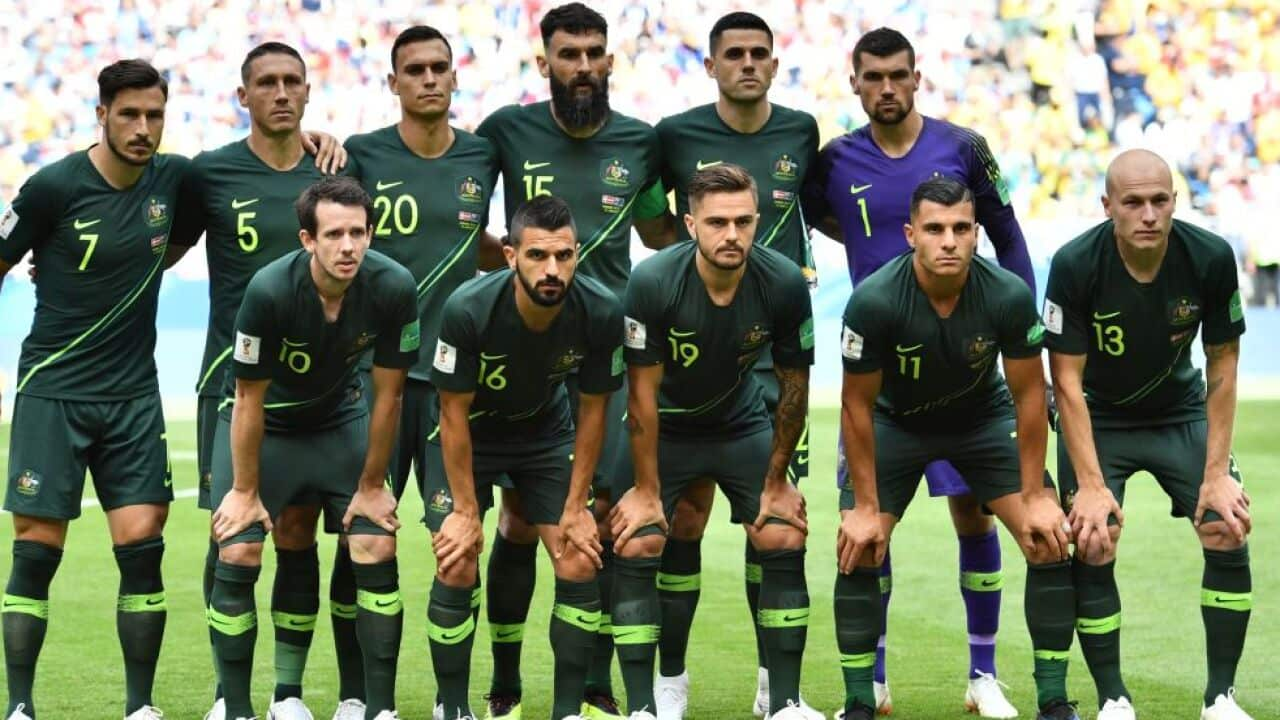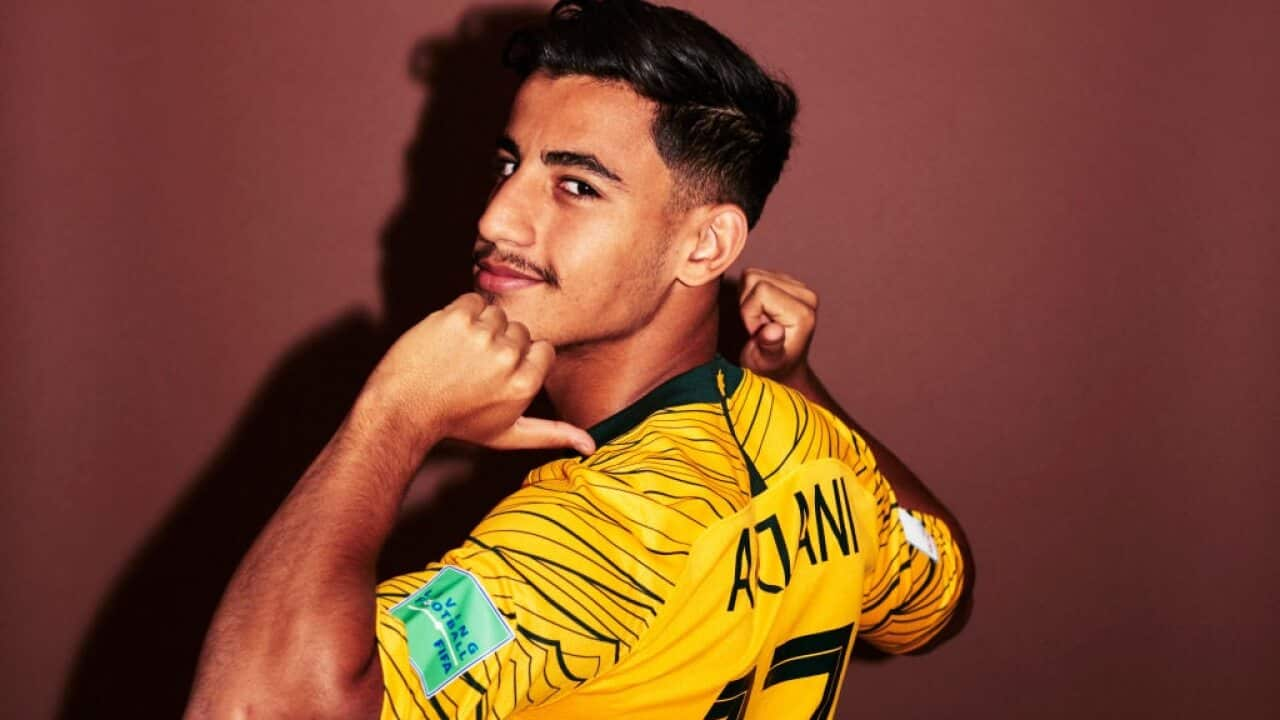With the recriminations over Australia’s impotence in the final third in Russia raging, the former chief of the now defunct Canberra-based AIS finishing school for budding Socceroos insists an "obsession" with producing players "who run about like lunatics" in adherence to a methodology put in place by Dutchman Han Berger during his five-year reign as the FFA’s technical director from 2009-2014 is partly to blame for what ails Australia.
Famously hailed by the legendary Viduka as the best equipped coach to lead Australia, Smith believes a lack of focus on encouraging individual technique and a return to a landscape which sees youngsters playing the game at a competitive level for only six months each year have also contributed to a vacuum in the production of top-tier talent.
"Are we looking for strikers who are like Olympic athletes and can do shuttle runs ad-nauseam but may not be able to score goals?” Smith said.
"If someone else pops up do we just go ‘oh no he’s not going to fit the mould’.
"I’ve always been about tailoring the team’s playing style around the quality of the players. Right now in Australia we have people chasing the ball and running around like lunatics.
"We’re more concerned with that than we are about nurturing people who can put the ball in the net.
"The mentality is ‘yes, he can score a goal but he can’t chase people around all day, so I’m not even going to have a look at him’.
"That attitude that emanates all the way down to the junior teams. Why can’t we develop flexible players and allow our coaches to be flexible in their thinking. People are obsessed with systems.
"I’m beginning to hate that word. I’m sick of hearing it. Everybody has one but they never say what it is."
The AIS Centre of Excellence, under Smith and his predecessor Steve O’Connor, also produced Mark Bresciano, Brett Emerton and Mile Sterjovski, plus the likes of Ned Zelic before that.
It was closed in an FFA cost cutting measure last year.
Smith, 67, traces the beginning of the end of Australia’s ability to harbinger intuitive players of the ilk of Viduka and fellow great Harry Kewell to the arrival of Berger and his Dutch coaching manuals.
"When he rode into town he virtually kicked out everything that had been the standard procedure before," Smith said.
"What was implemented was a system where you blow a whistle and players all run to their starting positions like robots.
"It was the complete opposite to the philosophy that had been in place for 25 years, which was about developing individuals within the team structure.
"Decision-making was at the crux of everything. Players had the freedom to do pretty much what they wanted but within the realms of the structure.
"There was a consistent message from the state institutes up to the AIS.
"All the advances we made were just thrown out of the window. Culturally there was a mismatch.
"I tried to educate Han Berger on what had gone before but he never listened to a word I said," added Smith, at the time an analyst within the Socceroos set-up following his departure from the AIS.
"It was a case of ‘you’re going to have this, whether you need it or want it because I have it in my manual’."
The advent of the A-League in 2005 also played a part in the suffocation of the talent pathways, with Smith explaining: "Between 1992 and 2005 we had the opportunity for kids to virtually train and play all year around. All the NSL clubs had a youth teams.
"But that ended with the A-League and from that point on kids put their boots away and went surfing.
"So we went back to what we used to refer to as a six-month mentality - that was the situation in the 1970s when we all played in the winter.
"It’s hard to compete on the world level when you’re only training and playing six months of the year because nobody else does that.
"If you’re a national youth coach now and you want to find players it’s like a dogs breakfast. There’s nothing in place.
"There’s also not the same dedication to go out and play for the love of the game as there used to be ... kids just have too many other distractions."
Smith describes Daniel Arzani - an uncut Socceroos gem who began his football education on the streets of Iran - as "a breath of fresh air".
"But why aren’t there more like him?" he added.
"I think it’s because there is zero emphasis on teaching technique in our coaching programs and I don’t believe kids just become great technicians just through playing the game.
"At some stage you need to be able to refine technique. That requires a fair amount of ability from the coach; you don’t just inhale that through the atmosphere."











